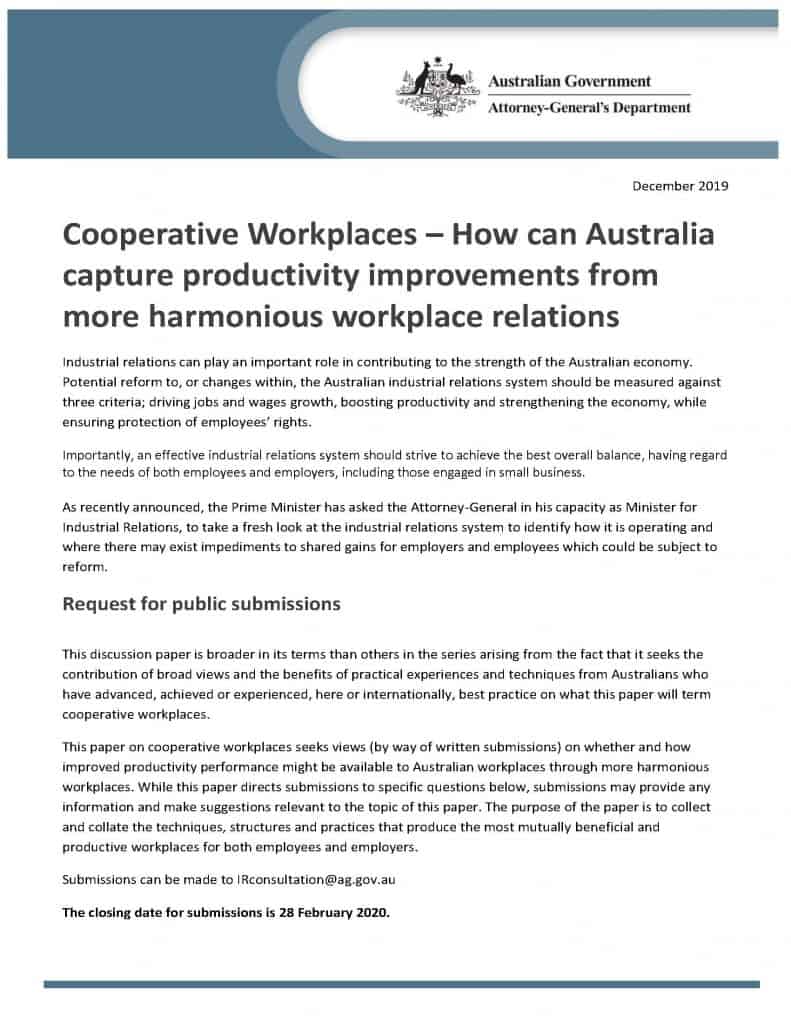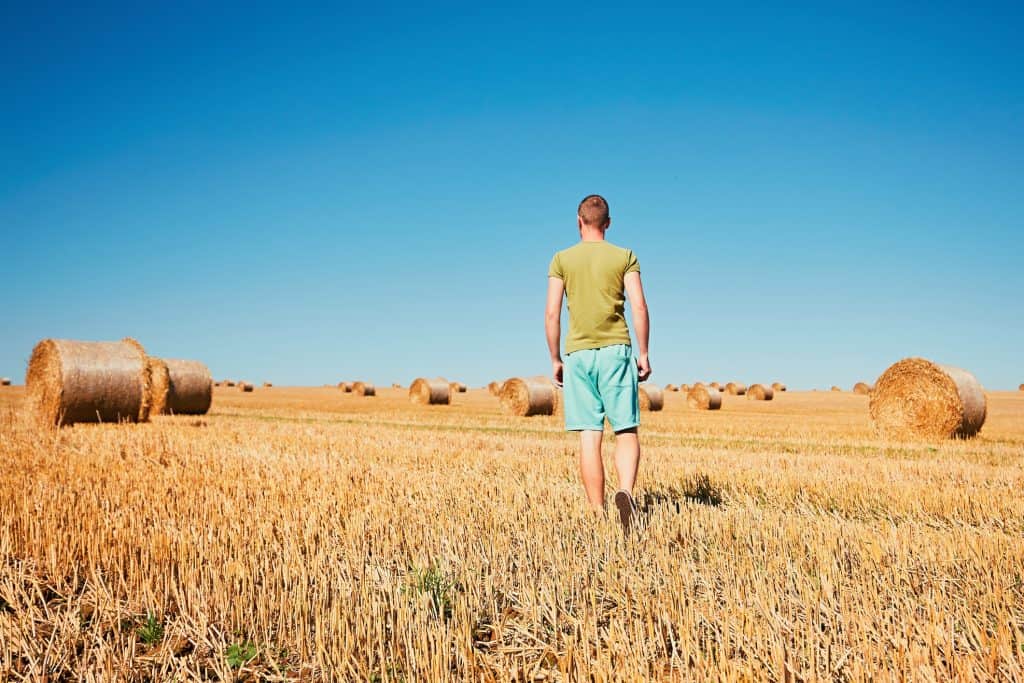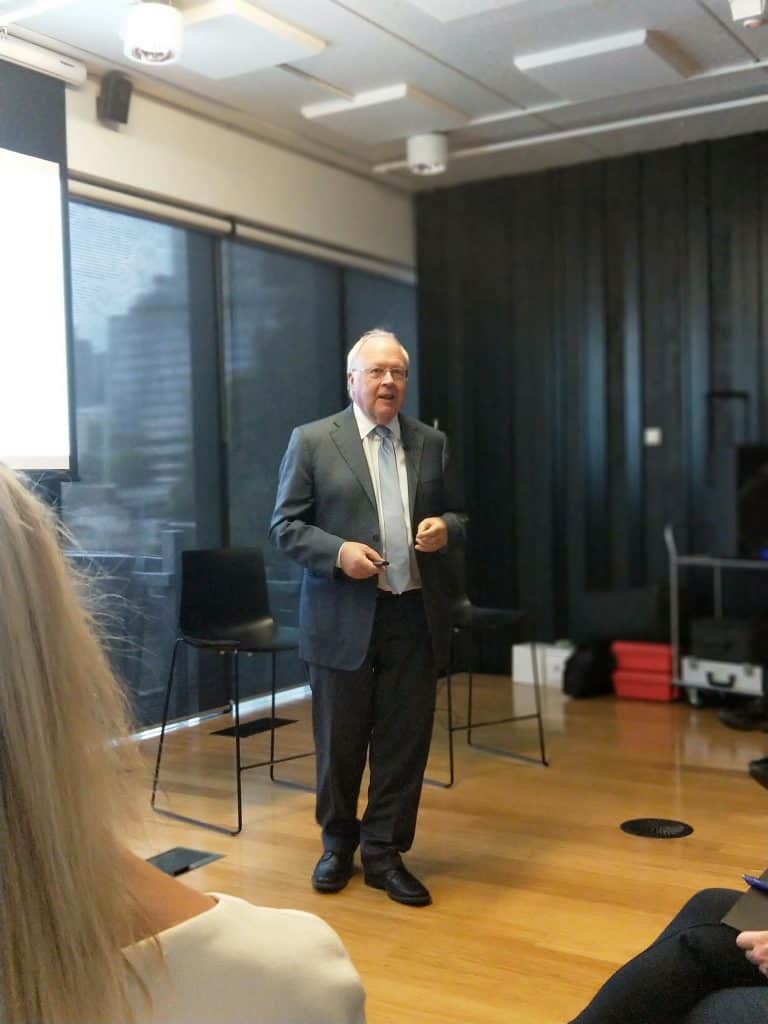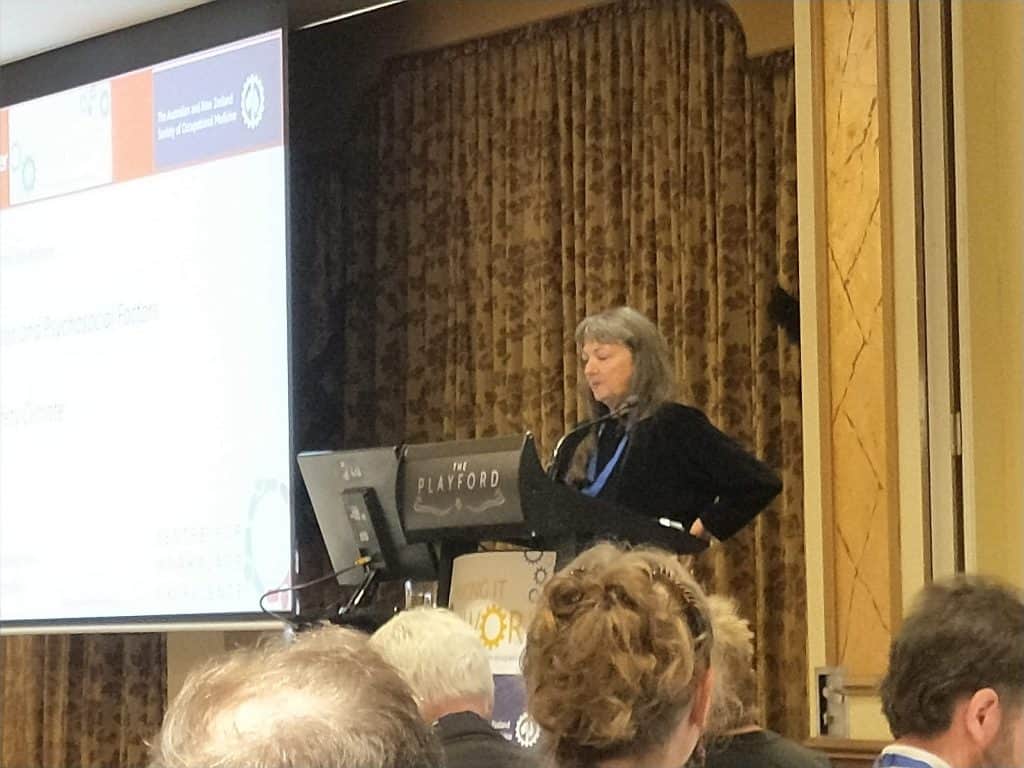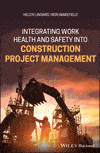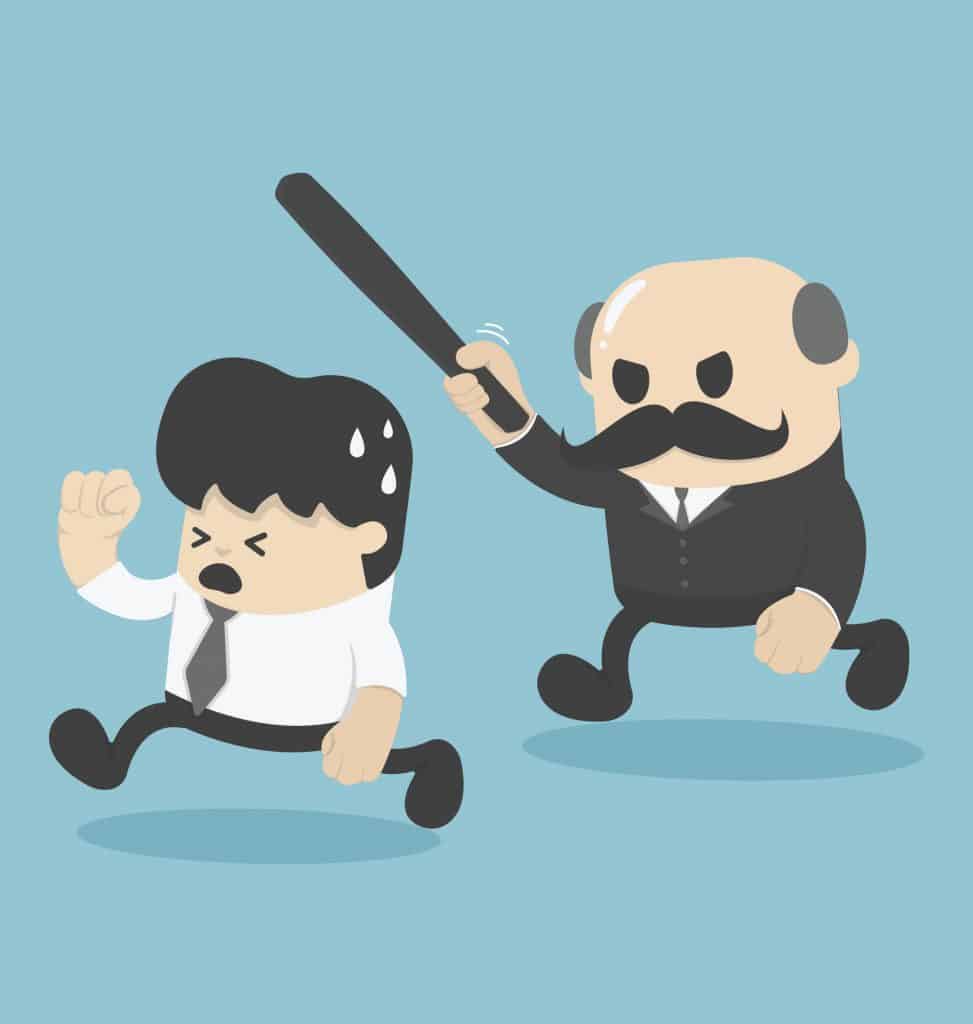
The France Telecom suicide saga has reached a conclusion with a French Court sending several of company’s former executives to jail as a result of “collective moral harassment”. This will have very little impact on the management of occupational health and safety (OHS) in Australia because of the timing and inadequate translation and context.
“Moral Harassment” is a term that is absent from the Australian OHS lexicon. One equivalent term is “mobbing” but this is also an uncommon term in Australia. Australia’s equivalent is “workplace bullying” as mentioned in research by Katherine Lippel of the University of Ottawa in 2011 (pages 1-2).


